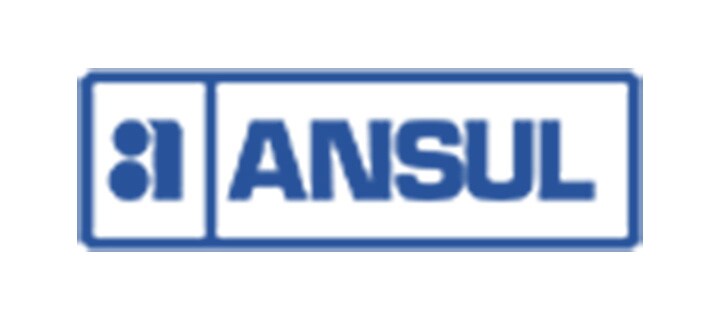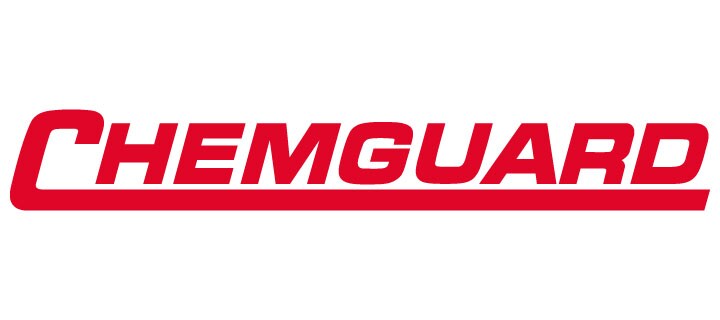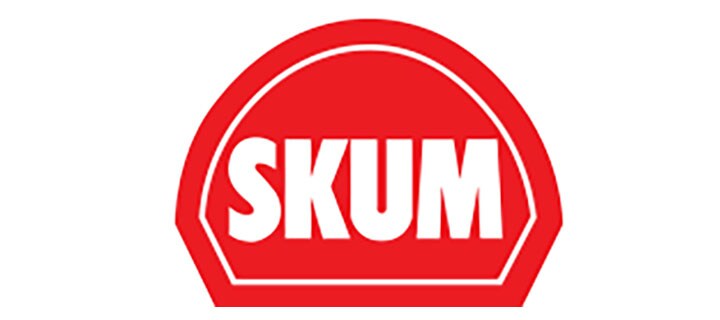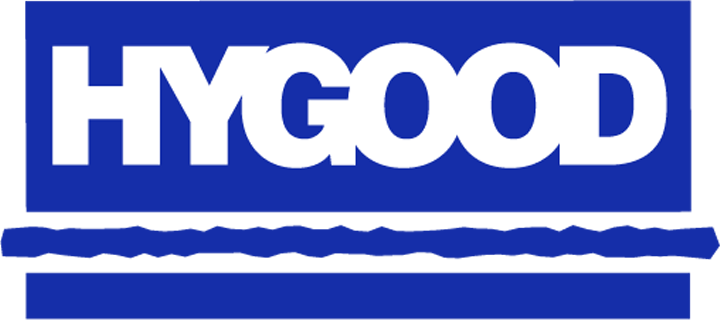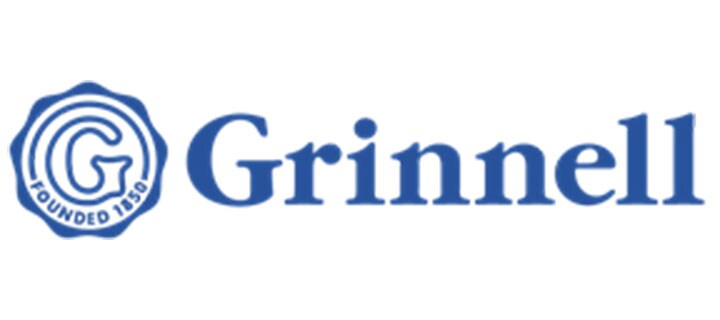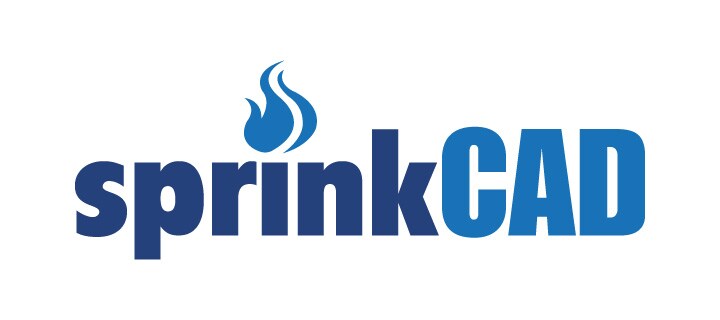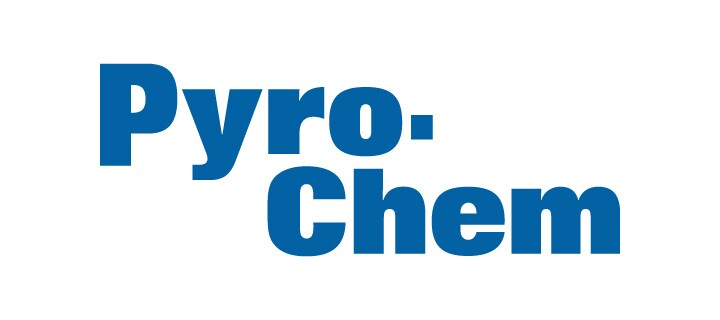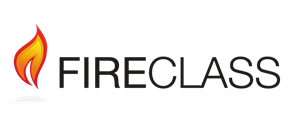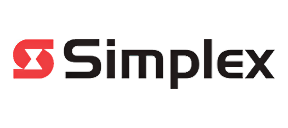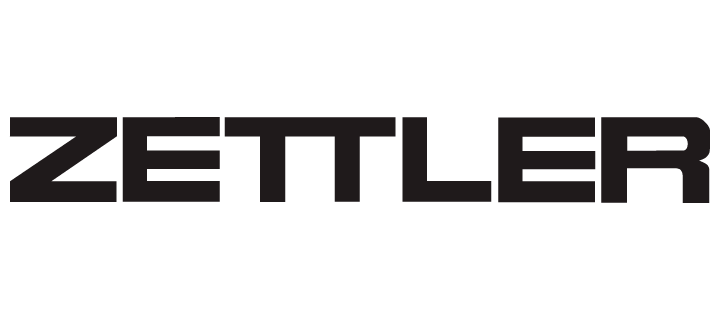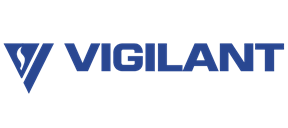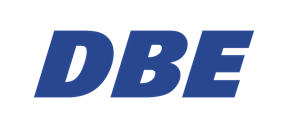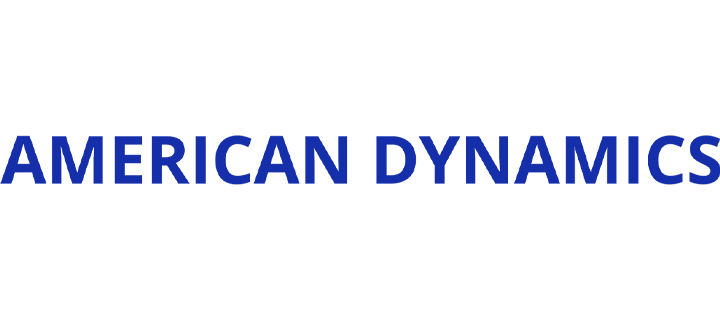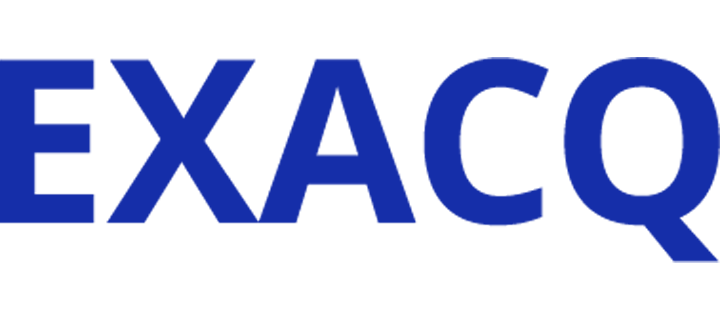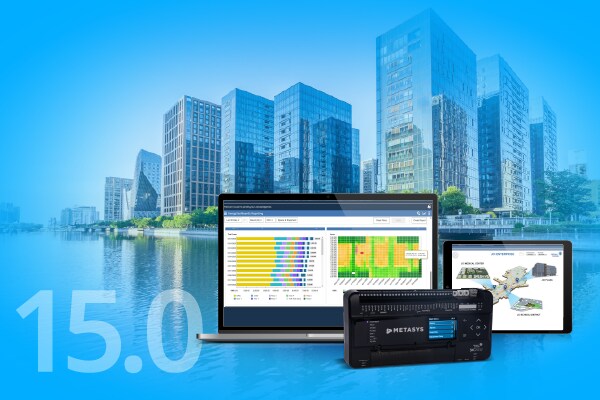- Johnson Controls
- Reporting and Policies
Sustainability
Reports & policiesOur sustainability report and policies
At Johnson Controls, we do what we say we'll do and are transparent about where we can improve. Learn more by checking out the following reports and policies:

Sustainability report
Our focus on sustainability is at the core of our business strategy and purpose. Learn more in our sustainability Report.
Reports and indices
-
Since 2003, we have reported sustainability data in accordance with the GRI guidelines. Our Sustainability Reports are prepared in accordance with the GRI Standards.
-
We are a SASB Reporter, utilizing the SASB Standard for the Resource Transformation Sector – Electrical and Electronic Equipment
-
We disclosed our climate-related financial risks consistent with guidance from the Task Force on Climate-Related Financial Disclosures whose work informed ISSB Standards and culminated in 2023. Now, our climate-related disclosures are in line with IFRS S2 and disclosed in our CDP Report.
-
We are proud to be on the CDP A List for leadership and transparency in climate action
-
We are proud to be on the CDP A List for leadership and transparency in climate action
-
CDP Water Disclosure
2023
We are proud to share this CDP Water report of our progress to date on water conservation
-
We promote economic, social and environmental practices that benefit our customers, employees, shareholders and communities. This annual report highlights our performance and achievements in these areas.
-
UN Global Compact
Communication on Progress
Since Johnson Controls first signed the United Nations Global Compact in 2004, we have remained committed to aligning our operations and strategies with the Compact's Ten Principles and publish and annual Communication on Progress.
-
Canadian Forced Labor Report
2025
Canadian modern slavery statement pursuant to the fighting of forced labour and child labour in supply chains act.
-
This report demonstrates our commitment to sourcing conflict minerals responsibly and complying with the U.S. Securities and Exchange Commission’s rules and regulations surrounding conflict minerals.
Policies and statements
-
Values First, the Johnson Controls Code of Ethics
PDF
Energy and Climate Policy
PDF
Human Rights Policy
PDF
Slavery and Human Trafficking Policy
PDF
Slavery and Human Trafficking Statement
PDF
Environmental, Health and Safety Policy
PDF
Conflict Minerals Policy
PDF
Political Contribution Policy
PDF
Facility Siting Statement
PDF
Position on Energy and Climate Change
PDF
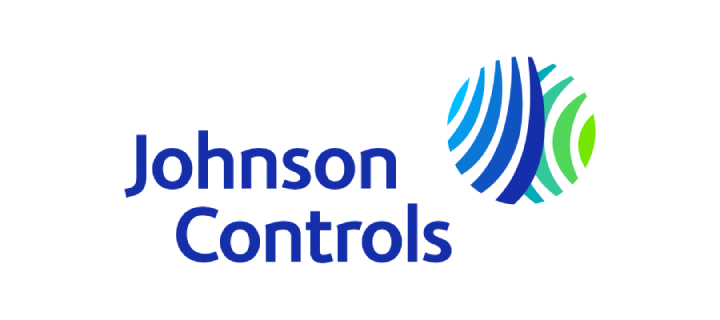
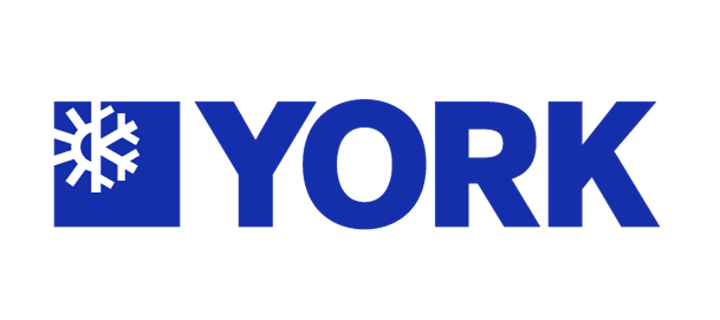

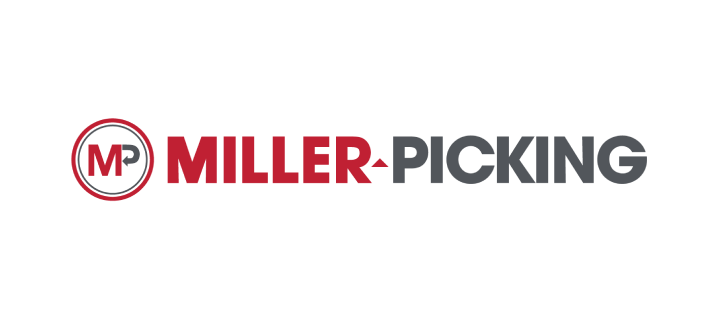
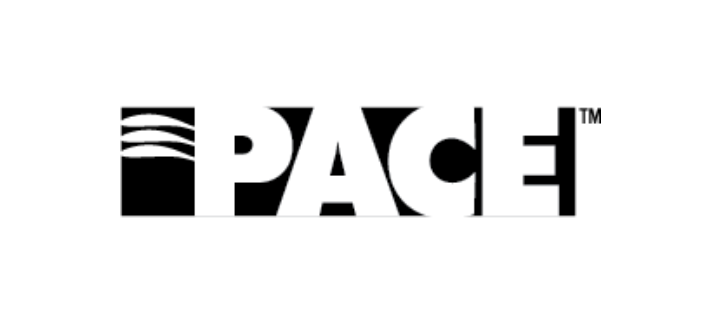
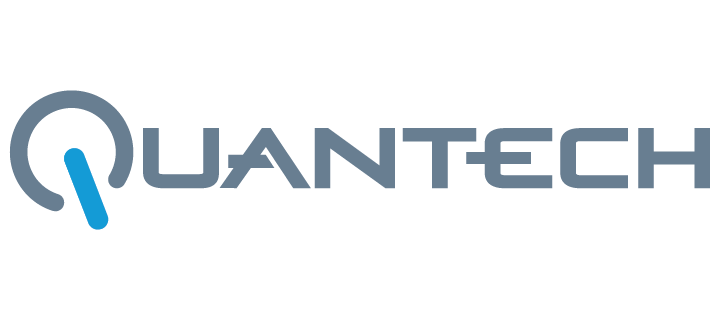
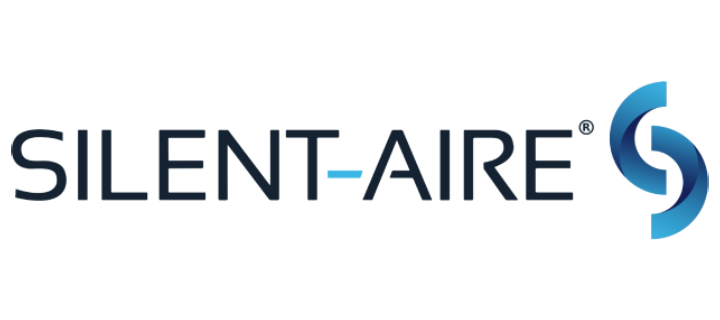
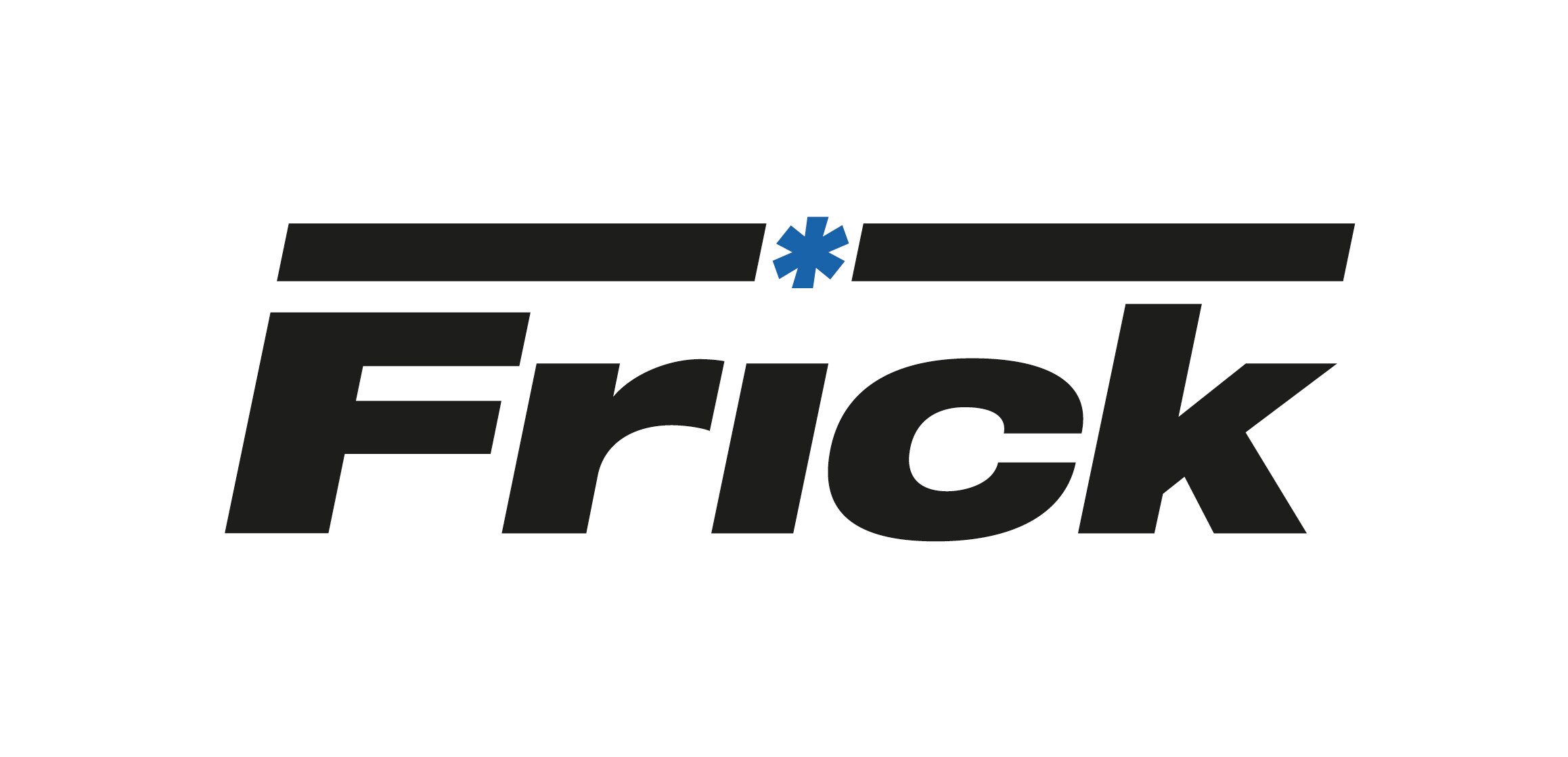
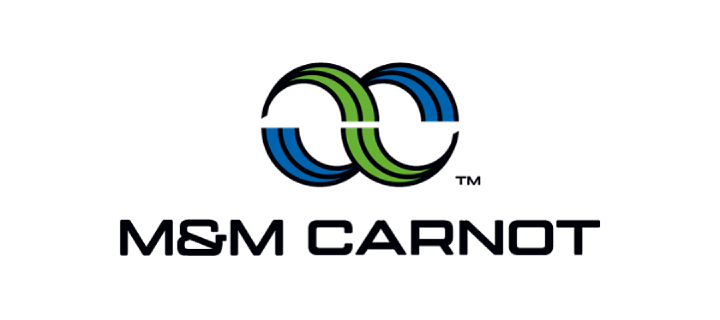
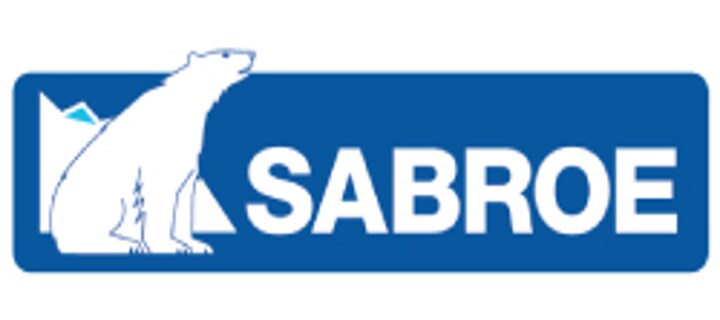
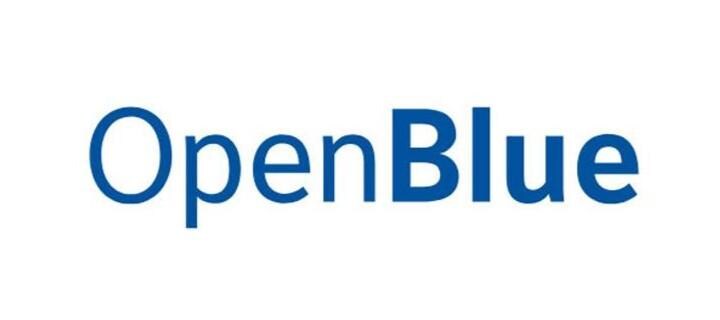
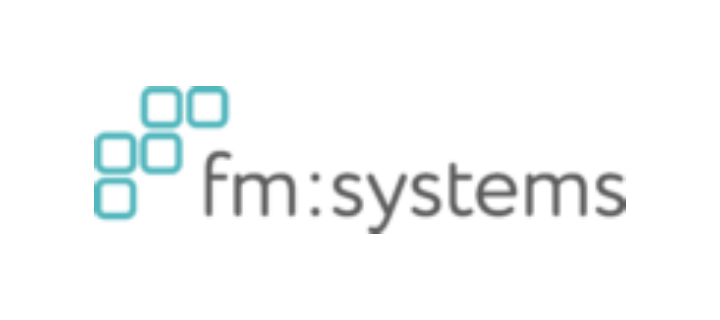

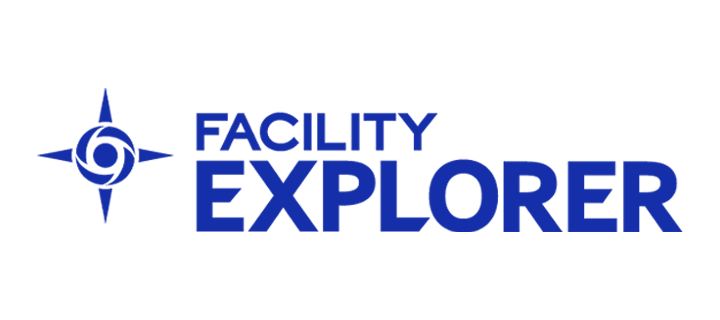
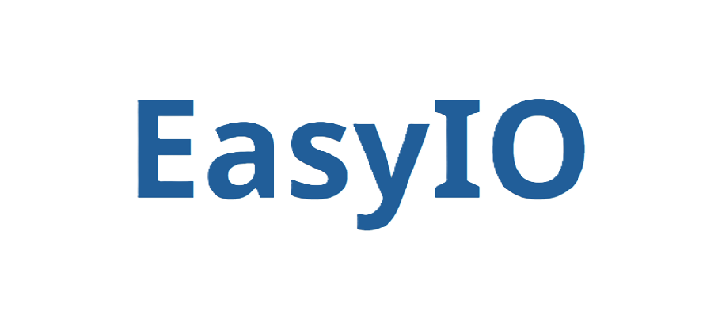
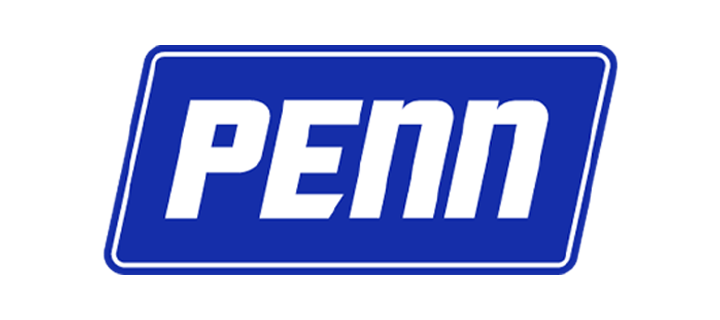

.jpg?la=en&h=320&w=720&hash=244C75B74F0F77521D56164450973BCD)
